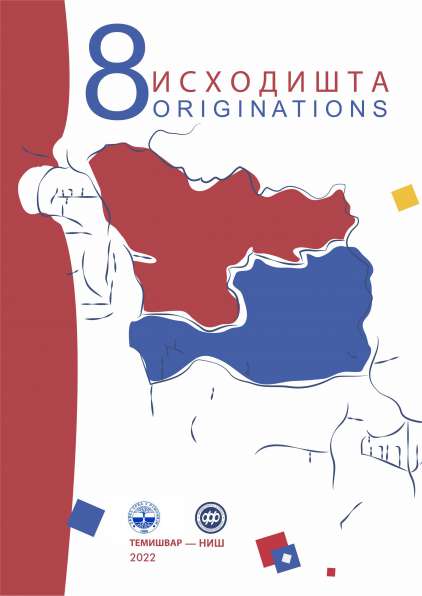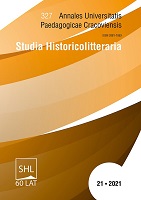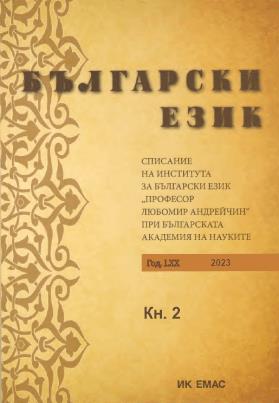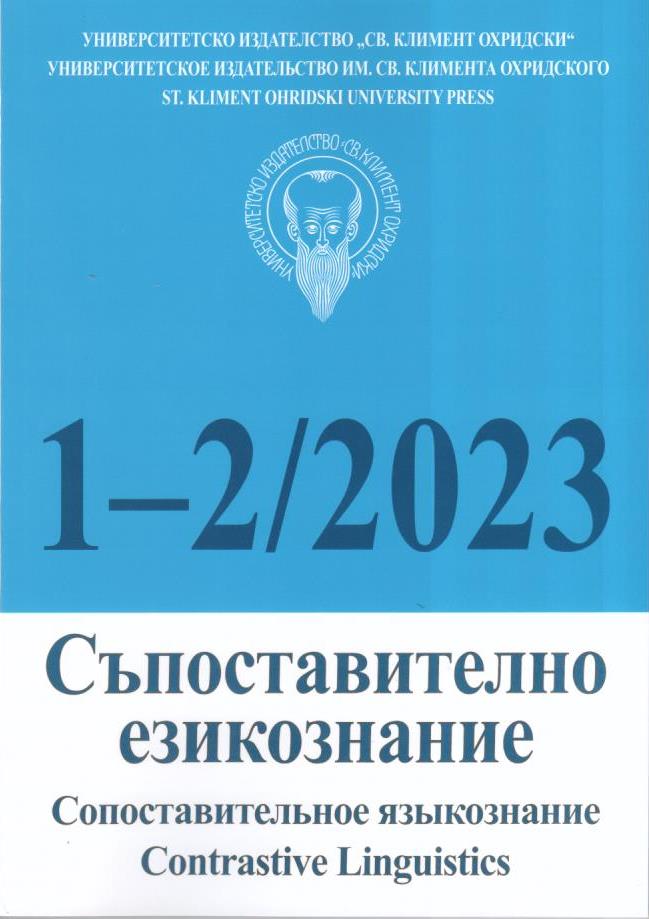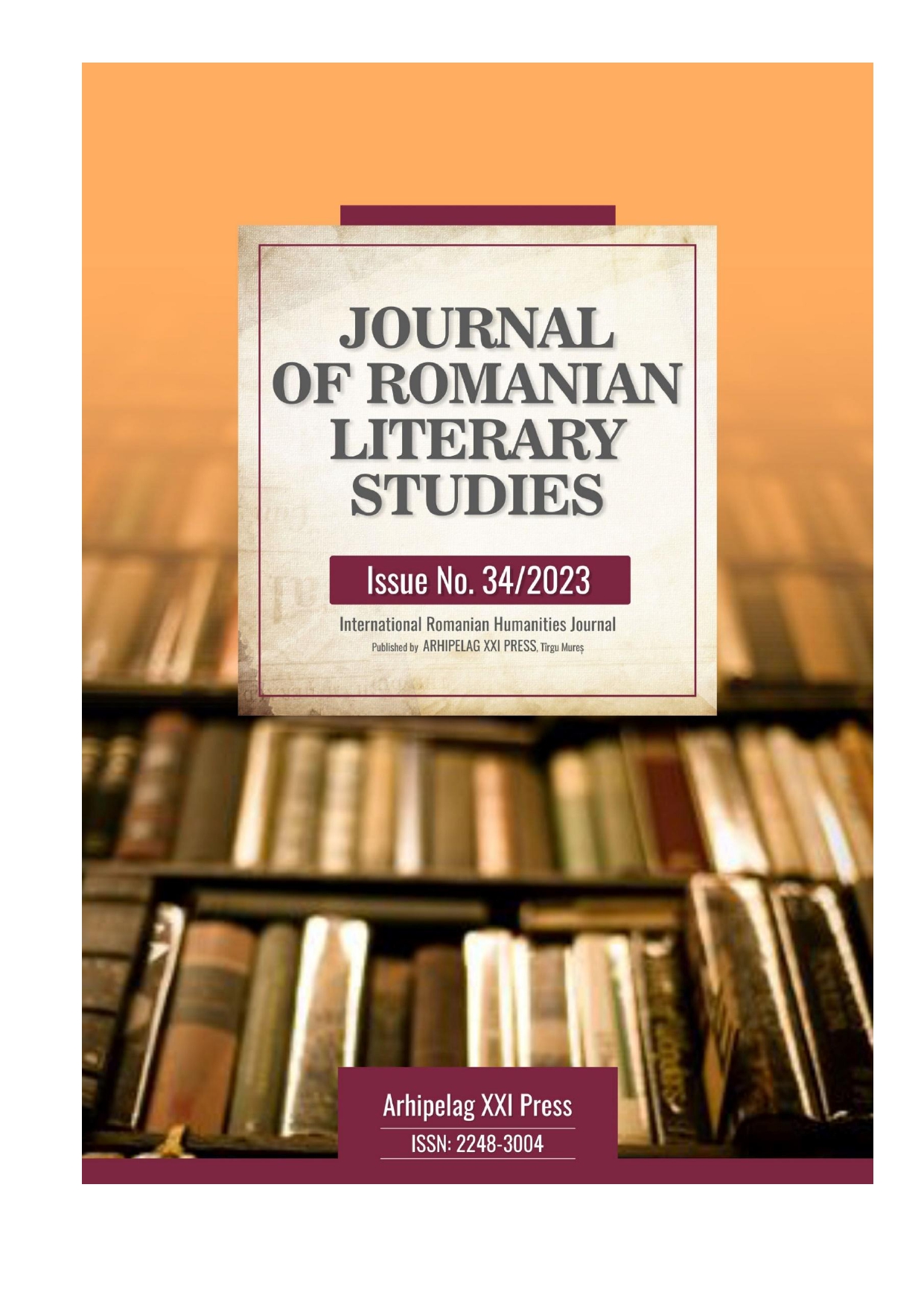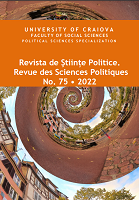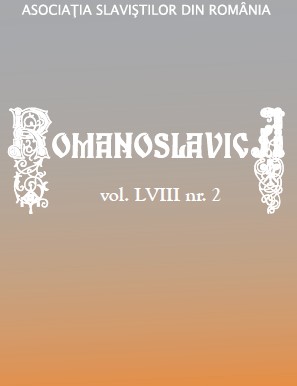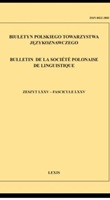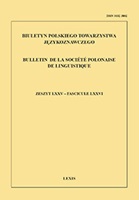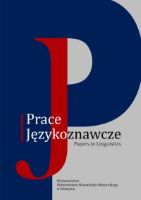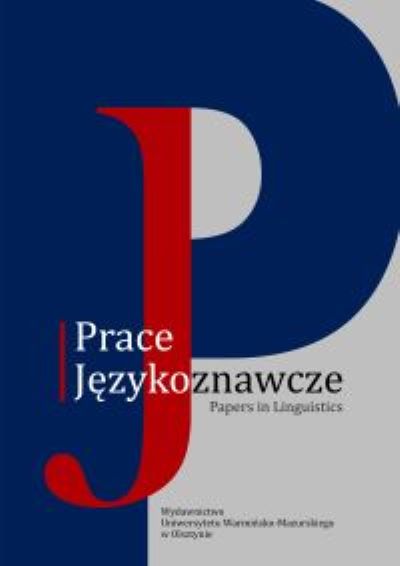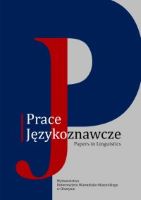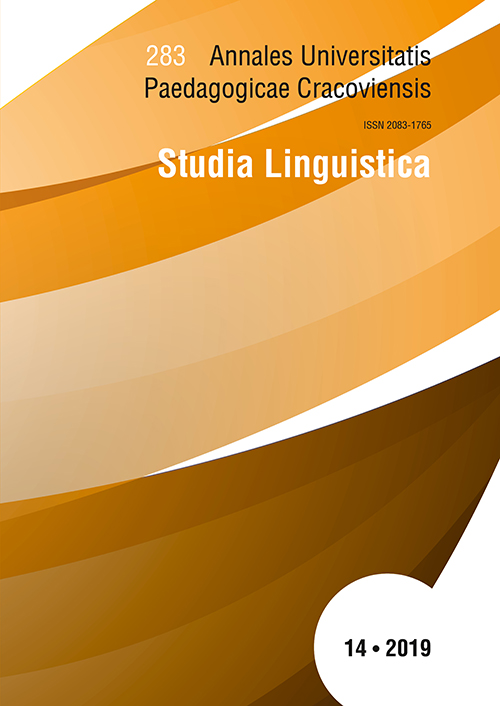
Komponenty eksponujące cechę żeńskości w nazwach stowarzyszeń II Rzeczpospolitej
The material basis of the paper are the names of Polish female associations from the 30s of the 20th century. The analysis involves components used to expose feminine qualities – general names (kobieta, pani, niewiasta – ‘woman, lady’), as well as detailed ones, which were categorised according to the information they contain. These are the elements of the world, which in addition to gender, constitute a basis for communality of the members: social and professional status, educational background, participation in military activities, social activity sphere, or common interests. The material presented in the paper shows that in the Second Polish Republic the need for exposing femininity and emphasising communality was very strong in the names of associations.
More...
